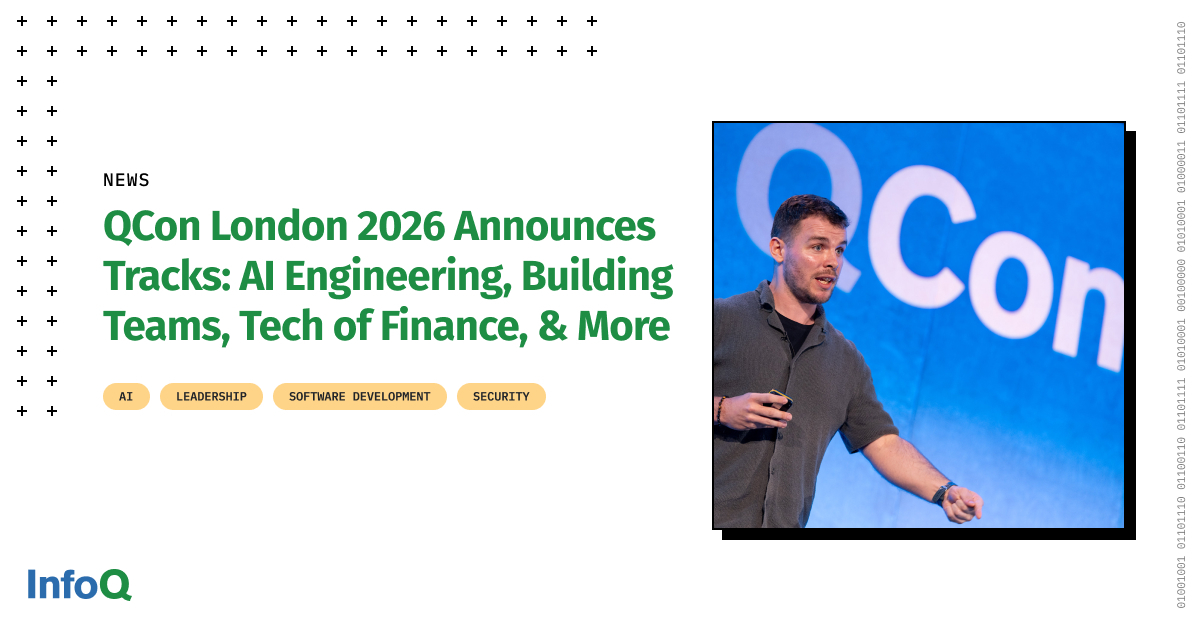Drowning in Data? Here’s Why You Need to Ditch the Rowboat for an Aircraft Carrier
NeutralArtificial Intelligence

In today's fast-paced digital landscape, IT leaders are facing an overwhelming surge of data that traditional infrastructure struggles to manage. This article highlights the urgent need for organizations to upgrade their data management strategies, moving from outdated systems to more robust solutions. By embracing advanced technologies, businesses can better handle the complexities of enterprise data, ensuring they remain competitive and efficient.
— Curated by the World Pulse Now AI Editorial System




